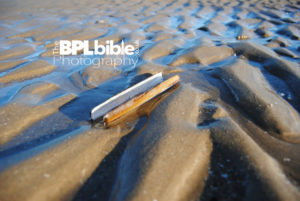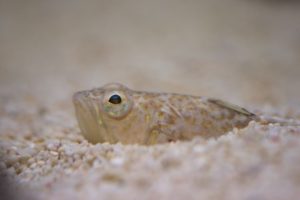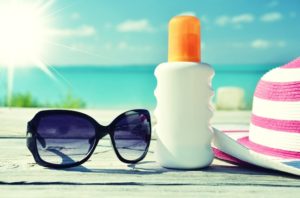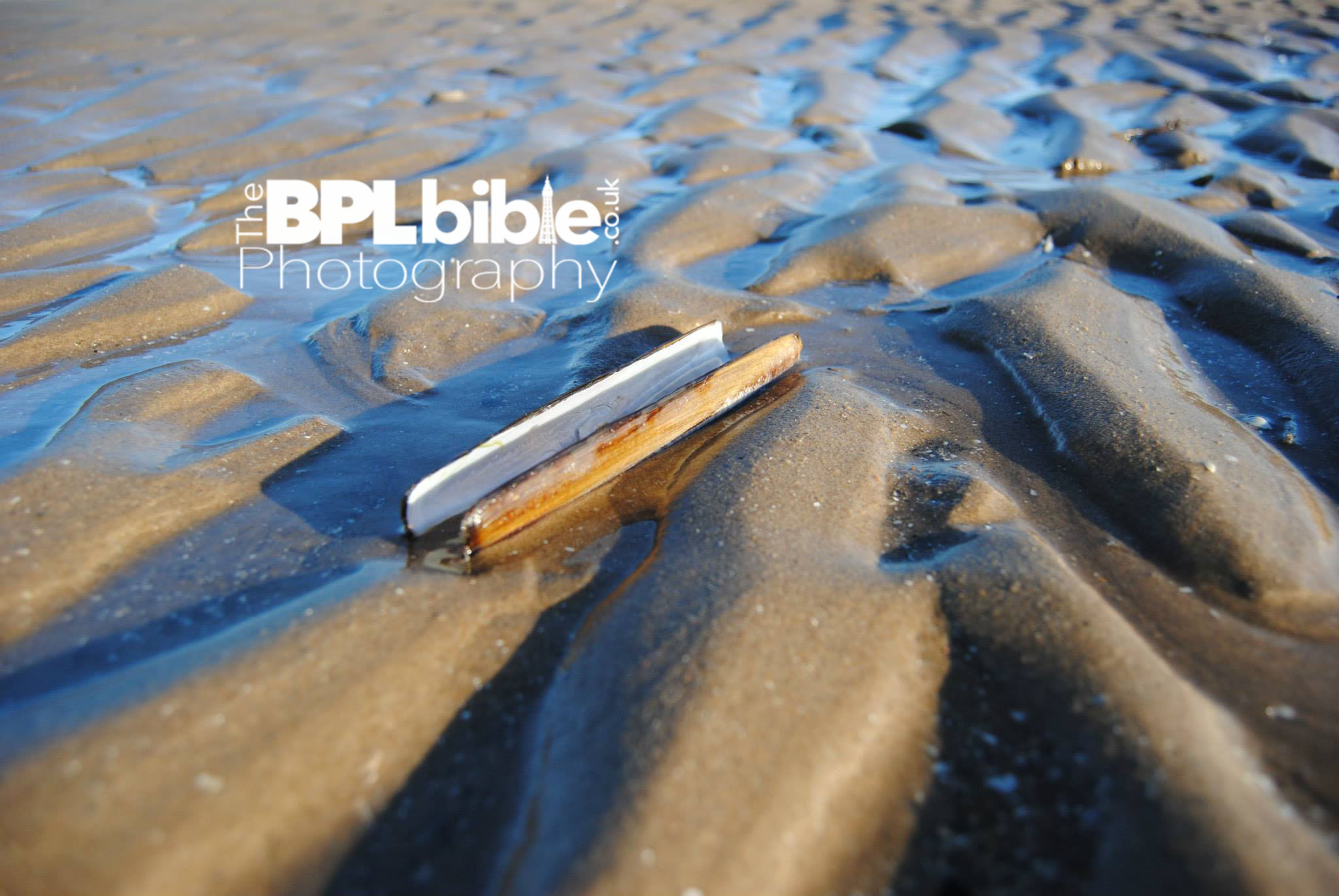The great weather has more and more people heading to the beach, especially with the school holidays starting very soon. We thought we’d share with you a few of the dangers that might be lurking on Blackpool beach so that you and your family can enjoy the warm weather without incidents.

Razorfish
Razorfish, razor clams or razor shells are just some of the names that you may have heard for these creatures. They are a mollusc that is edible like a mussel. Some people enjoy looking for live ones hiding under the sand and they can be caught relatively easily once one has been located. If you’re not looking for them to eat however, you need to make sure that you protect your feet from their shells. The beaches along the Fylde Coast, including Blackpool beach, are littered with these shells. As their name suggests, the edges of the shells are razor sharp and pose a risk to anyone walking on the sand with bare feet. If you’re cut by a razor shell, you should ensure that you clean the wound as soon as you possibly can and keep it as clean as possible. Make sure that you look out for signs of infection and seek medical assistance if the wound is particularly deep or if you are concerned that the wound may be infected. It is also a good idea to make sure that you are up to date with any tetanus vaccinations. To prevent your feet from being cut by these shells, make sure that you wear beach shoes such as jelly shoes or flip flops.

Weever Fish
The Weever fish isn’t as common to Blackpool’s waters, but they are not unheard of. They prefer warmer waters and with the heatwave we’re having at the moment, Blackpool’s water is pretty warm right now.
Weever fish are pretty sneaky as they will hide beneath the sand in shallow water leaving their fin and mouth exposed. If you step on a weaver fish, you will feel a pricking sensation on the bottom of your foot and the sensation persists and starts to work its way up your leg. If you feel this pain and experience swelling too, it’s highly likely that you have been stung by a weever fish.
You should seek medical attention as soon as possible. Some people are allergic to these fish and other symptoms can include excessive sweating, rapid pulse and feeling sick as the poison from the fish works its way around the body. You can also be stung by a jellyfish in a similar manner, and there are often small jellyfish along the sea shore in Blackpool. If seeking medical attention isn’t an option or you’d like to try an over the counter solution, you can take antihistamines and this can help to deal with some of the allergy related symptoms from the sting.
Make sure that you keep looking at where you’re walking when you are wading in the sea and try to wear shoes even in the water. Jelly shoes are a good choice as they provide protection to your feet, can be strapped on so they won’t float off in the water and they dry out fast too.
Sea Currents
Whilst the marine life poses some mild dangers when you’re on Blackpool Beach, you should actually be more worried about the sea. There are plenty of people who wade in the sea when the weather’s warm and some even go out further into the water for a swim. You should take great care if you are doing this however as the sea itself is far more dangerous than anything that’s living in it.
In 2016, the RNLI rescued 8,643 people from the water and saved 431 lives around Britain.

Swim Safely
If you ever see a red flag flying on Blackpool beach, you should absolutely not swim there. It is also a good idea to be aware of the tide times and currents. You can find out this information quite easily by searching google. The BPL Bible will also be starting a Tide/weather watch soon for key dates so that you can be prepared for days out with the kids.
Some tips for swimming safely include:
- Don’t swim if you
- Feel unwell
- Have only just eaten – wait at least one hour after eating a meal
- Have been drinking alcohol
- Feel cold and tired
- Never swim alone
- Don’t swim too far out
- Do not snorkel if you have any breathing problems

Sun Protection
In the hot weather, we may remember our sun cream, but we often don’t think about the dangers of heat stroke. Heat exhaustion is relatively common in warmer weather and causes symptoms such as dizziness, headache, loss of appetite, fast breathing, fast pulse, high temperature and thirst. It’s important that you are aware of these warning signs so that you can get out of the sun as soon as possible and cool down. If heath exhaustion develops into heat stroke, you may need to seek medical attention.
You should always wear sun cream when you are enjoying the sun on Blackpool beach as well as a protective hat. It’s even more important to ensure that children are protected from the sun as they have very sensitive skin and cannot withstand the lengths of time in the sun that adults can.







